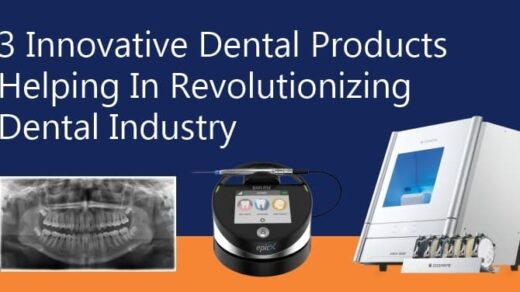EAPs are for highly motivated students; many programs require that you’ve completed some premed coursework before applying. Since the programs often recruit students during their first two years of undergraduate coursework, you have to be ready to hit the ground running when college starts! Think about it this way: most students commit to medicine when they’re in their early twenties, by demonstrating dedication through their undergrad years.
Similarly, these days, with a rise in applicants from nontraditional backgrounds, some future doctors are applying to medical school when they’re a bit older; this means they have more to show when it comes to committing to medicine than EAP applicants. Non-EAP applicants have an easier time proving their dedication to medicine because they have more time and experience to demonstrate that commitment. Applying to an EAP means demonstrating excellence right off the bat. You don’t have the benefit of time so your GPA, extra-curricular activities, and volunteer work has to get going and stay strong.
Beyond a powerful, holistic resume of your first two years of college, EAPs require many of the same elements in their application process as traditional medical programs.
EAPs will ask you to:
- Write a personal statement
- Answer questions about your interest in their program in the form of essays
- Submit letters of recommendation
You have to start thinking about these elements early. Who will write these letters for you? What service experiences can you highlight in your application? EAPs might streamline the process, but that doesn’t mean they’re going to accept applicants who haven’t demonstrated a commitment to academic rigor, community service, and hospital system interaction, just like any other medical school.
Your college might ask you to apply to be sponsored for an EAP. In this case, you first have to prove to your undergraduate program that you’re a strong candidate and a student that will make them proud if accepted into an EAP.
It’s also important to make sure you know the specific requirements and opportunities associated with the EAPs to which you apply.
- Some EAPs are only available if you’re a student at their undergraduate program; others are open to all applicants.
- Some EAPs will waive the MCAT requirement (that’s a relief!) but may ask you for your SAT or ACT scores. Your high school scores are more important when applying to EAPs because they provide programs with an additional data point when considering your application.
- Other programs will accept you contingent on an MCAT score or GPA above a certain level
Do your research and make sure you understand the parameters around which the EAP operates.
Also understand what it means to be accepted. Just as with some undergraduate programs, some EAPs require a student to commit to their program upon acceptance, while others enable you to apply elsewhere if you so chose. You’ll have the best chance of success if you understand exactly how the EAP you’re applying to works, and can make a strong argument for why it’s going to work for you.






